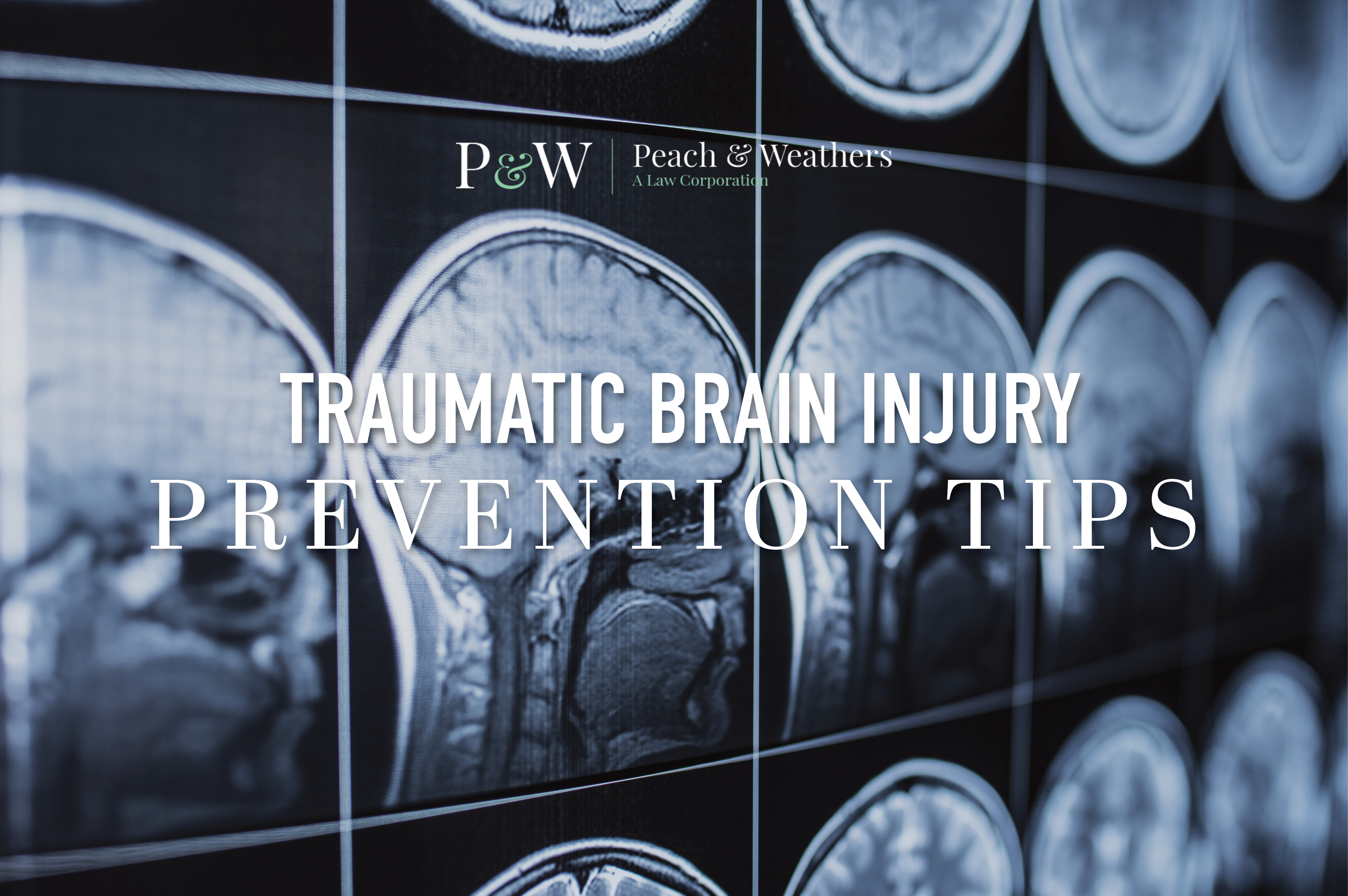
A traumatic brain injury  (TBI) is experienced in multiple ways. From a mild concussion to a more severe or penetrating blow to the head, all types should be treated with urgency. That’s because an injury to the brain is uniquely devastating. It can upset one’s life in multiple ways, on a physical, psychological, social, and even spiritual level. And it can change everything about a person. With a brain injury, one’s ability to think, communicate, and connect as they once were able may be threatened. And although most, about 85 percent, recover the greater portion of their cognitive deficits, the other 15 percent do not and face lasting difficulties. So, the best way to avoid the challenges of a brain injury is to prevent its occurrence completely. In this article, we will cover the leading causes of brain injury and ways to protect oneself from their threats
(TBI) is experienced in multiple ways. From a mild concussion to a more severe or penetrating blow to the head, all types should be treated with urgency. That’s because an injury to the brain is uniquely devastating. It can upset one’s life in multiple ways, on a physical, psychological, social, and even spiritual level. And it can change everything about a person. With a brain injury, one’s ability to think, communicate, and connect as they once were able may be threatened. And although most, about 85 percent, recover the greater portion of their cognitive deficits, the other 15 percent do not and face lasting difficulties. So, the best way to avoid the challenges of a brain injury is to prevent its occurrence completely. In this article, we will cover the leading causes of brain injury and ways to protect oneself from their threats
Ways to prevent a TBI:
- Wear your seatbelt while driving or riding in a vehicle. And we mean every time. While they may seem unimportant, seat belts save lives. Their primary function is to prevent the passenger or driver from being ejected out of the vehicle in the event of a collision. And as such, they’ll reduce your risk of death in a motor vehicle accident by 45 percent and the risk of serious injury by 50 percent, according to the CDC.
- Never drive while under the influence of drugs or alcohol. Doing so is responsible for thousands of fatal car crashes every year. In 2016, 10,497 people were killed in alcohol-impaired driving collisions– 28 percent of all traffic-related deaths in the US. In addition, 16 percent of fatal accidents involved drug-impaired driving.
- Wear a helmet when you partake in several recreational activities. These should include but are not limited to bike riding, driving a motorcycle or snowmobile, playing a contact sport such as football or hockey, and skiing and snowboarding. According to an article in The Guardian, wearing a bike helmet can reduce one’s risk of serious head injury by 70 percent.
- Prevent older adult falls. Talk to yours or your loved one’s doctor about risk factors for falling and means of prevention. Consider any medications that could pose challenges in balance, cause dizziness, or drowsiness. Make sure that these are used with caution per your doctors’ instructions. It is also important to get yours or your loved one’s eyes regularly checked. According to the National Center for Biotechnology Information, adults aged 75+ have the highest rate of falls and resulting TBIs.
- Enhance the safety of children’s play areas. Implement window and door guards as well as safety gates at the tops and bottoms of stairs to prevent falls. And when it comes to playing, make sure that your kids are having fun yet staying safe. Choose playgrounds with soft material underneath the equipment in case of falls. More than 20,000 kids (including those with concussions) are treated for a TBI in emergency departments every year, according to the CDC.
A traumatic brain injury may be life-changing. It can impact every part of a person’s wellbeing, from their preferred activities to their everyday productivity. So be sure to implement all safety precautions to prevent such an injury
If you or a loved one has suffered a traumatic brain injury due to the negligence of another, be sure to reach out for expert legal counsel. We at Peach & Weathers specialize in catastrophic injury, including those that impact one’s brain. So, in this time of need, do not hesitate to contact us for experienced advisement and advocacy for your case. We are here for you and your family as you seek justice in the aftermath of an injury.

